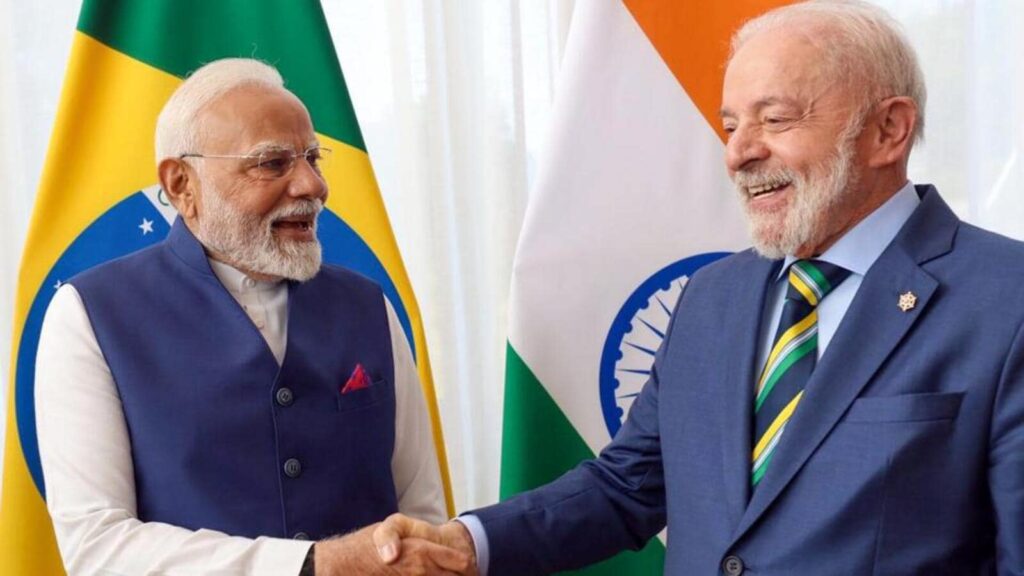
India is actively strengthening its global partnerships to secure access to rare earth elements (REE) and other critical minerals essential for a wide range of strategic sectors, including electric vehicles, electronics, and defense technologies. This comes amid tightening Chinese control over the global supply of super-strong magnets derived from these vital resources.
According to Union Minister of State (Independent Charge) for the Department of Atomic Energy, Dr. Jitendra Singh, India currently has formal agreements or cooperative frameworks with at least eight mineral-rich countries. In a written response to Parliament on July 23, he confirmed that negotiations are underway with Brazil and the Dominican Republic to establish additional government-to-government (G2G) Memorandum of Understanding (MoUs).
“To foster bilateral cooperation with nations endowed with rich mineral reserves, the Ministry of Mines has already signed agreements with Australia, Argentina, Zambia, Peru, Zimbabwe, Mozambique, Malawi, and Côte d’Ivoire,” Singh said. “We are also collaborating with international bodies such as the International Energy Agency (IEA),” he added.
The proposed MoUs with Brazil and the Dominican Republic aim to develop a comprehensive framework for cooperation, particularly in the domains of research, development, and innovation in mining. A special focus will be placed on rare earth and other critical minerals that play a key role in modern technological applications.
In addition to bilateral efforts, India is actively engaging with various multilateral platforms and strategic alliances to bolster its critical minerals value chain. These include the Minerals Security Partnership (MSP), Indo-Pacific Economic Framework (IPEF), India-UK Technology and Security Initiative (TSI), the Quad grouping, and the Initiative on Critical and Emerging Technologies (iCET).
These global collaborations are part of India’s larger strategy to diversify its critical mineral supply sources and reduce dependence on any single country, particularly as global competition for these resources intensifies.
